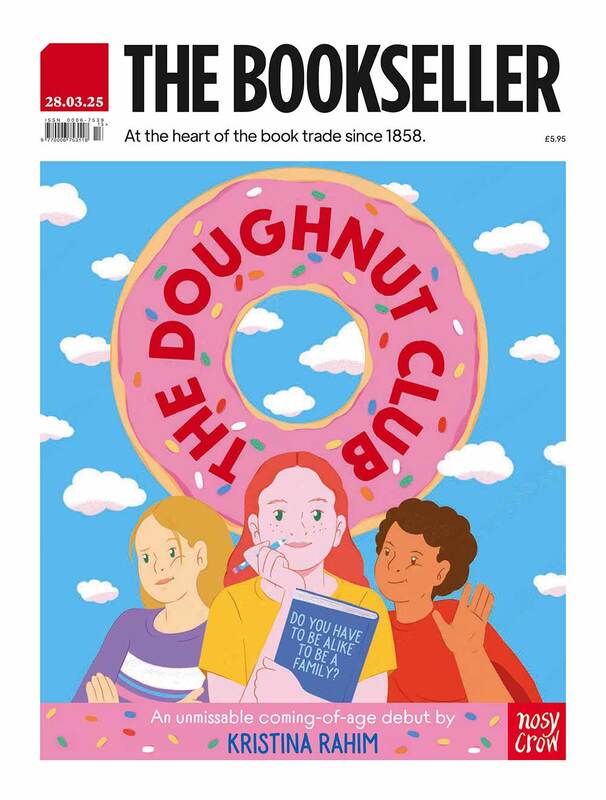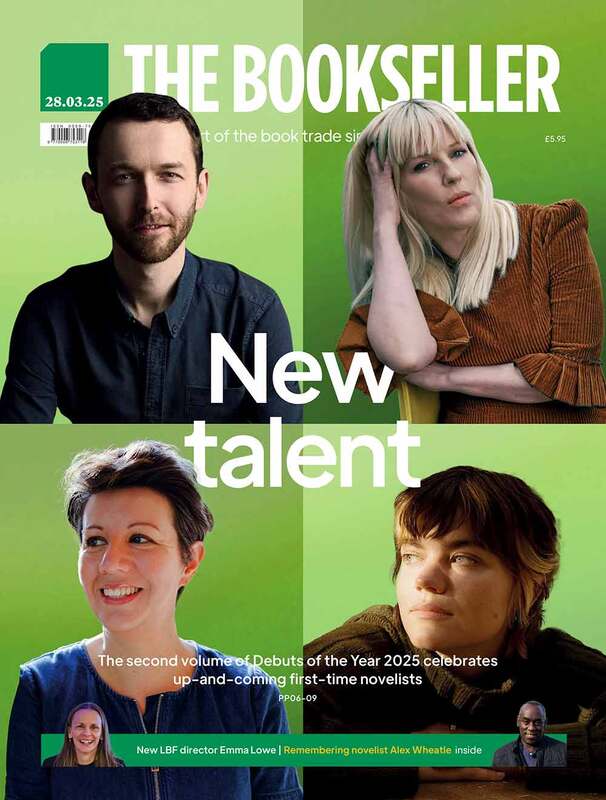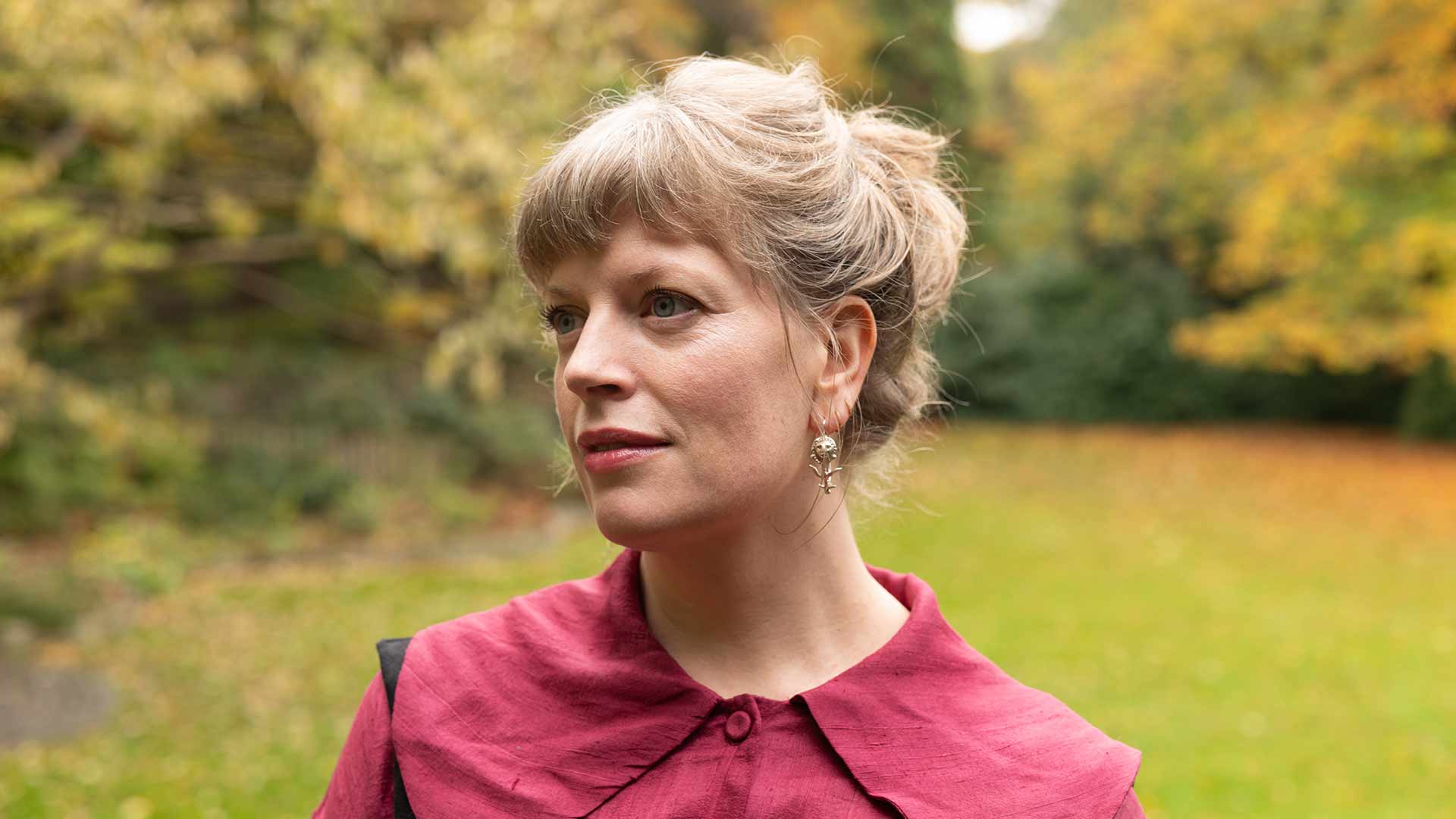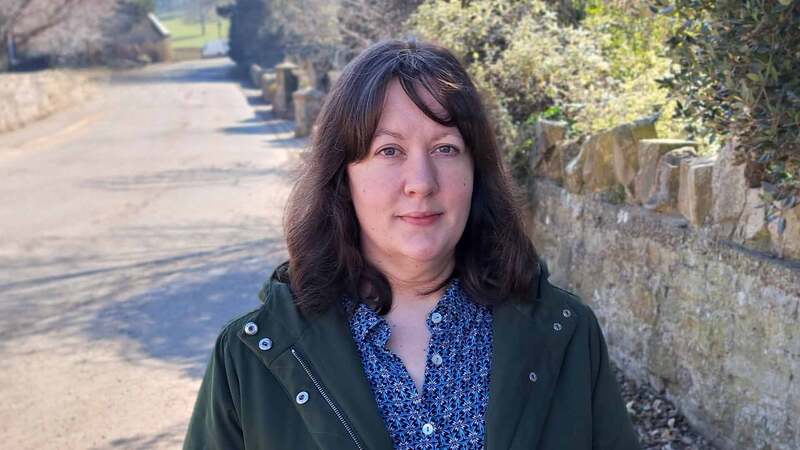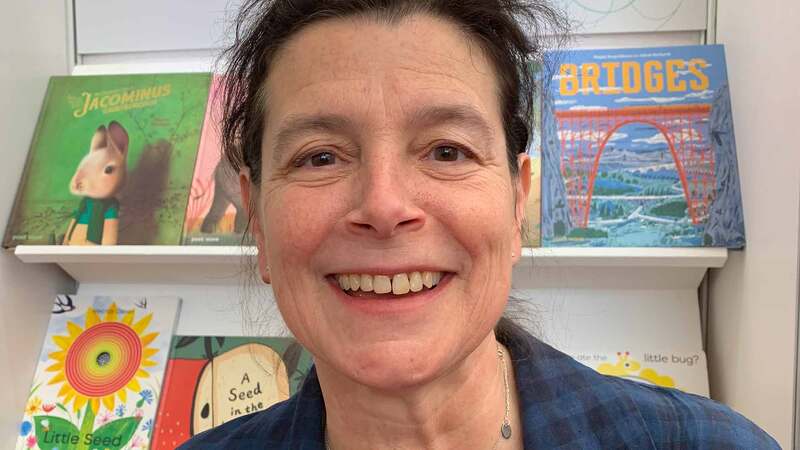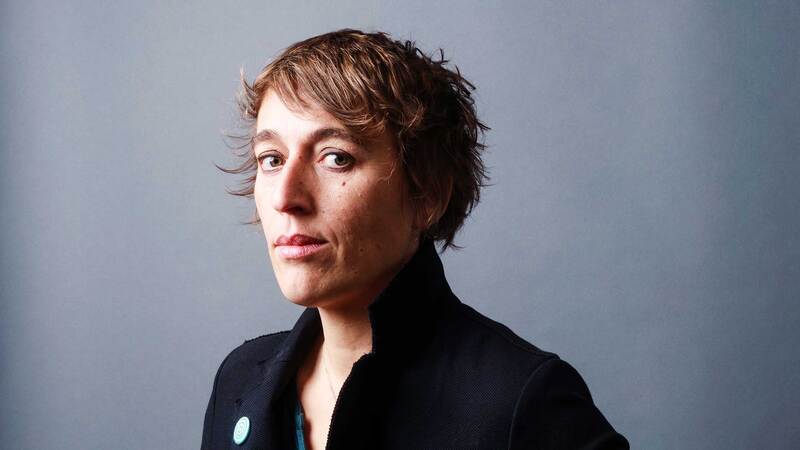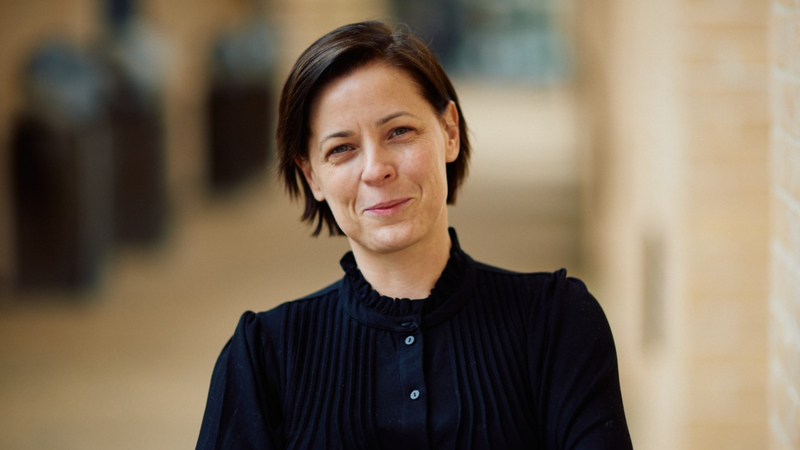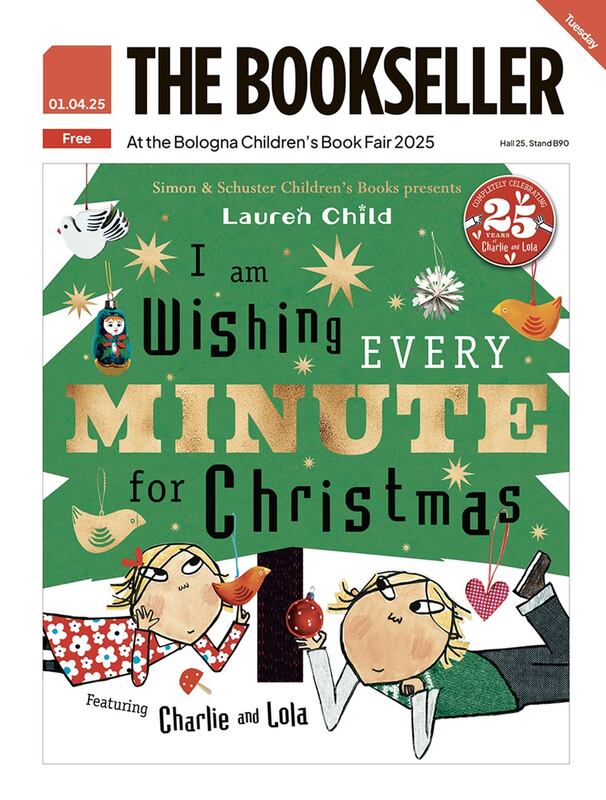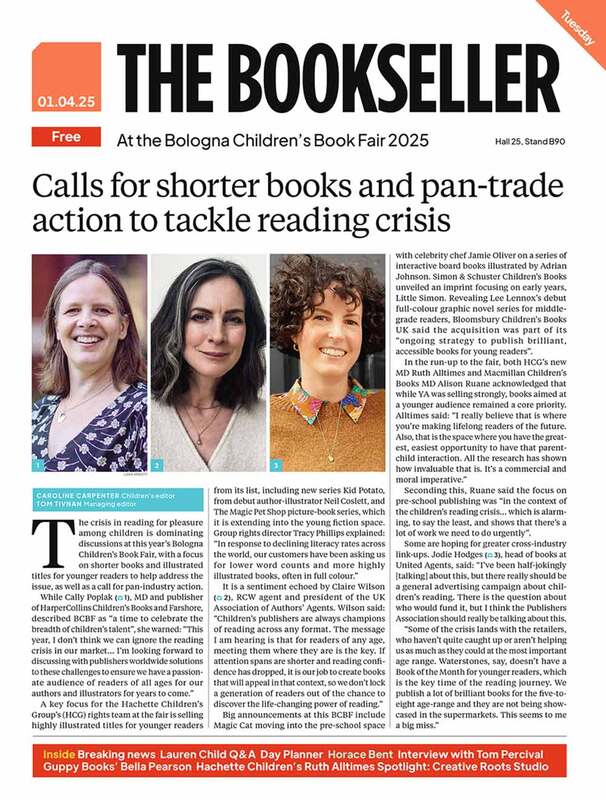You are viewing your 1 free article this month. Login to read more articles.
Four Jonathan Cape books on the 2024 Booker Prize longlist
Jonathan Cape has claimed a third of the 2024 Booker Prize longlist—five years since its last listing—as Pan Macmillan’s imprint Mantle celebrates its debut appearance, with Colin Barrett, Sarah Perry, Richard Powers and Percival Everett among those authors nominated.
Of the 13-strong longlist for the £50,000 award, known as the Booker Dozen, there are three debut novels jostling alongside international bestselling authors and six writers previously nominated for the prize. Eight women and five men are nominated. Unusually, there are just two independent publishers, Daunt Books and Bloomsbury.
Perry is one of the four authors published by Jonathan Cape, five years after the Vintage imprint’s last appearance on the Booker longlist. One of the two Brits nominated, Perry has been recognised for Enlightenment, based in a small town in 1990s Essex, offering “an exhilarating exploration of the heavens, comets, faith, ghosts, and love,” the panel said. “The novel takes its main characters — a middle-aged novelist and reporter for a local paper and the 17-year-old daughter of the local pastor — and weaves a novel of great ambition.”
Pan Macmillan’s imprint Mantle is nominated for the first time with James by US novelist Percival Everett, whose novel Erasure (Mantle) was recently adapted into the film “American Fiction”. Judges said of James: “A masterful, revisionist work that immerses the reader in the brutality of slavery, juxtaposed with a movingly persistent humanity... A captivating response to Mark Twain’s classic, Huckleberry Finn, that is both a bold exploration of a dark chapter in history and a testament to the resilience of the human spirit.” James is the bestselling of the 11 published titles on the longlist, selling 11,341 copies sold since publication in April, according to Nielsen BookScan. Despite the imprint Mantle’s debut, Everett is no ingénue when it comes to the Booker, after first being recognised in 2019.
Around half of those on this year’s list were previously nominated, including UK novelist Samantha Harvey – one of two Brits nominated — who is tipped for Orbital (Cape) 15 years after her last longlisting. Judges called Orbital "a compact yet beautifully expansive novel [which] invites us to observe Earth’s splendour from the drifting perspective of six astronauts aboard the International Space Station as they navigate bereavement, loneliness and mission fatigue. It offers us a love letter to our planet as well as a deeply moving acknowledgement of the individual and collective value of every human life." Harvey’s is the second biggest seller of the published titles so far, selling 6,141 units according to Nielsen BookScan.
Other Booker veterans include Jonathan Cape stablemate Rachel Kushner, recognised for Creation Lake, six years after her shortlisting. Judges said of spy caper: “Sadie Smith—not her real name—is an FBI agent turned spy-for-hire, whose latest mission is to infiltrate a commune of eco-activists in rural France.” They said of the US novelist’s work: “We found the prose thrilling, the ideas exciting, the book as a whole a profound and irresistible page-turner.”
Pulitzer-winning American author Richard Powers is also due to be published this autumn with Playground (Hutchinson Heinemann), three years after his Booker shortlisting. Playground was described by judges as: “Economic motives quarrel with environmental ones and artificial intelligence poses threats as well as promises as the residents of a Polynesian island prepare to vote on a proposed seasteading [creating permanent dwellings at sea] project led by an unidentified American billionaire.”
Canadian-American writer Claire Messud is back in the Booker game 18 years after her last placing on the longlist and is one of the two Hachette-nominated authors. This Strange Eventful History (Fleet) opens in June 1940, when Paris falls to the Germans, and follows three generations of a Franco-Algerian family in their migrations around the world. “Epic in its scale, while intimately rooted in each character’s internal landscape, the novel reminds us how literature can be expansive and timeless,” judges said.
British-Libyan author Hisham Matar — also last recognised by the prize in 2006 — is now recognised for My Friends (Viking) which follows two Libyan students caught up in a violent demonstration in London. The panel said: “My Friends is both a complex and unsentimental meditation on what friendship means and a searingly moving exploration of how exile impacts those who are forced to live in this state of loss. It is a book that we loved for its spareness of language and its deeply affecting storytelling.”
Fellow Penguin Random House writer Tommy Orange has been listed for Wandering Stars (Harvill Secker) and is the first Native American to be nominated for the Booker. “This powerful epic entwines the stories of a diverse cast of characters, each grappling with the weight of history, identity and trauma,” judges said of the novel, which explores the Native American experience. They called it “a stunning achievement, a literary tour de force that demands attention”.
Bestselling Canadian author Anne Michaels is one of the just two indie-published authors listed, for Held (Bloomsbury), which explores the impact of war, injury and homecoming on a First World War solder. “The first few pages of this brief kaleidoscopic novel from the author of Fugitive Pieces may seem forbidding, yet every member of the judging panel was transported by this book,” judges said. “Appropriately for a novel about consciousness, it seems to alter and expand your state of mind.”
Charlotte Wood is the first Australian writer to be longlisted in eight years with Stone Yard Devotional (Sceptre) which follows a woman who seeks refuge in an isolated nunnery in New South Wales. The panel said: “The past, in the form of the returning bones of an old acquaintance, comes knocking at her door; the present, in the forms of a global pandemic and a local plague of mice and rats, demands her attention. The novel thrilled and chilled the judges.”
Among the three debuts, Irish author Barrett’s Wild Houses—one of four from Jonathan Cape—was dubbed by judges “a propulsive, darkly comic and superlatively written account of frustration and misadventure in a small Irish town”. They added: “The connections between the cast and the past tragedies that have forged them are expertly revealed in a slow-burn study of character and fate that’s also an edge-of-your-seat thriller.”
American novelist Rita Bullwinkel’s “unflinching debut” Headshot (from indie publisher Daunt Originals) was also described by judges as “a gripping and gutsy depiction of a young women’s boxing tournament in Nevada”. The panel added: “With great flair and candid detail, the author elevates the gritty physical realities of sport to a profound examination of identity, destiny and family dynamics, and of the transitory yet intense significance of human experience, lending the book a depth far beyond most sports fiction.”
Yael van der Wouden is the first Dutch author to be recognised by the Booker Prize with The Safekeep (Viking). Set in the early 1960s in the Netherlands in an isolated house, the book “draws us into a world as carefully calibrated as a Dutch still-life,” the panel said. “Every piece of crockery or silverware is accounted for here. “We loved this debut novel for its remarkable inhabitation of obsession. It navigates an emotional landscape of loss and return in an unforgettable way.”
The longlist of 13 books was chosen by a panel chaired by artist and author Edmund de Waal, with judges including award-winning novelist Sara Collins, fiction editor of the Guardian Justine Jordan, writer and professor Yiyun Li along with musician and producer Nitin Sawhney.
Their selection was made from 156 books published between 1st October 2023 and 30th September 2024 and submitted to the prize by publishers. The prize is open to works of long-form fiction by writers of any nationality, written in English and published in the UK or Ireland.
De Waal praised the “glorious longlist of urgent, resonant books for the Booker Prize 2024: a cohort of global voices, strong voices and new voices”.
He added: “Here are books that unfold with quietness and stealth, as well as books that are incendiary. There are books that navigate what it means to belong, to be displaced and to return. Crossing borders and crossing generations we find ourselves in a boxing ring in the US, in a small Irish town, in a convent in Australia, deep underground in rural France. We have one book on the list exploring deep oceans, another navigating outer space, a third tracking a comet.”
Gaby Wood, chief executive of the Booker Prize Foundation, said of the judging panel: “The fact that they’ve been so happy to keep returning to each other’s company to discuss what they’ve read has made the process unusually productive. There are a few books on this list that were revisited as a result of particular eloquence on the part of individual judges, and that strikes me as the very best aspect of the Booker judging process: judges show each other what they see, and the books shift on re-reading.”
She added: “This panel found joy, entertainment, emotion and solace in many of the books submitted — which resulted not only in a superb selection of books for readers with a range of tastes, but also in their gratitude to more writers than they were in a position to reward.”
The shortlist of six books will be announced on 16th September 2024 at Somerset House, London. The shortlisted authors each receive £2,500 and a specially bound edition of their book.
Additionally, Wood will interview the shortlisted authors at the Cheltenham Literature Festival on 12th October 2024 and the prize’s annual shortlist readings will take place at the Southbank Centre’s Royal Festival Hall in November.
The winner will be announced on 12th November 2024 at Old Billingsgate, London, receiving £50,000 and a trophy, named Iris.
Paul Lynch’s Prophet Song (Oneworld) won the award last year.

